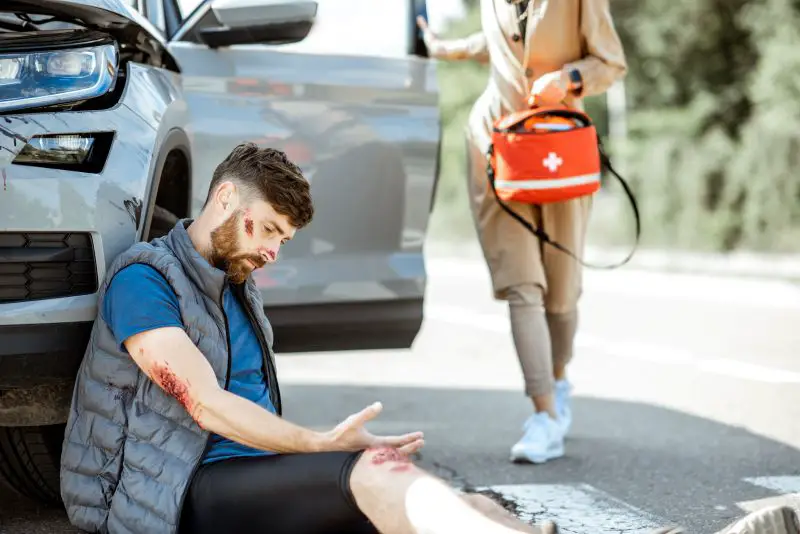Click here to get this post in PDF
Being hit by a distracted driver can upend your life. You’re left dealing with injuries, medical bills, and the stress of recovery. It’s overwhelming, but you’re not alone. In Brookfield, many have faced the same situation. You need to act quickly and wisely to protect your rights. First, ensure your safety and call 911. Then, seek medical attention even if you feel okay. Injuries can show up later. Collect evidence from the scene. Take photos and get witness contacts. Next, notify your insurance company. Avoid discussing fault or sharing details with the other party’s insurer without legal advice. Consider consulting with an attorney who specializes in car accidents. They can guide you through the legal process and help you understand your rights. Knowing your options can ease some of the burdens and help you focus on healing. If you want to learn more, reach out to local resources and support groups.
Understanding Distracted Driving
Distracted driving includes activities that divert attention from driving. Common distractions are phone use, eating, or adjusting the radio. Each moment you look away from the road increases the risk of an accident. According to the National Highway Traffic Safety Administration, distracted driving claimed 3,142 lives in the United States in 2019. Understanding these dangers helps you stay vigilant on the road.
Steps to Take After an Accident
After ensuring your safety and seeking immediate medical care, follow these steps:
- Document the accident scene. Use your phone to take pictures of vehicle damage, road conditions, and any visible injuries.
- Request a copy of the police report. This document provides an official account of the accident and may support your case.
- Exchange contact and insurance information with the other driver. Gather details from witnesses who can confirm your account of the events.
- File a report with your insurance company promptly. Be factual and objective in your statements.
Legal Considerations
Legal assistance can be crucial. An attorney can help you navigate compensation options and protect your rights. They work on gathering evidence, managing insurance negotiations, and representing you in court if necessary.
Insurance and Compensation
Understanding insurance policies is vital. Below is a comparison of common coverage types:
| Coverage Type | What It Covers |
|---|---|
| Liability Insurance | Injuries and damages you cause to others. |
| Personal Injury Protection | Your medical expenses and lost wages, regardless of fault. |
| Uninsured Motorist | Loss from a driver without insurance. |
Each type of coverage has specific benefits. Review your policy to understand what applies to your situation.
Emotional and Physical Recovery
Accidents impact more than just the physical. Emotional trauma may linger. Seek support from professionals and loved ones. Consider therapy to address anxiety or stress. Community support groups can also offer shared experiences and encouragement.
Safety Tips
- Minimize distractions while driving. Keep phones away or use hands-free devices.
- Stay focused on the road. Avoid multitasking, such as eating or grooming.
- Maintain a safe distance from other vehicles to allow time to react.
Prevention is key to keeping roads safe. These simple actions can make a significant difference.
Conclusion
Recovering after a distracted driving accident takes time and effort. By taking swift action and seeking support, you empower yourself to navigate the challenges with resilience. Protect your rights, focus on your health, and lean on the available resources. Remember, you are not alone in this journey. For more guidance, consult professional services and explore community options.
Also read: Distracted Driving in Houston: How Cell Phone Use is Changing Accident Patterns
Image source: elements.envato.com

